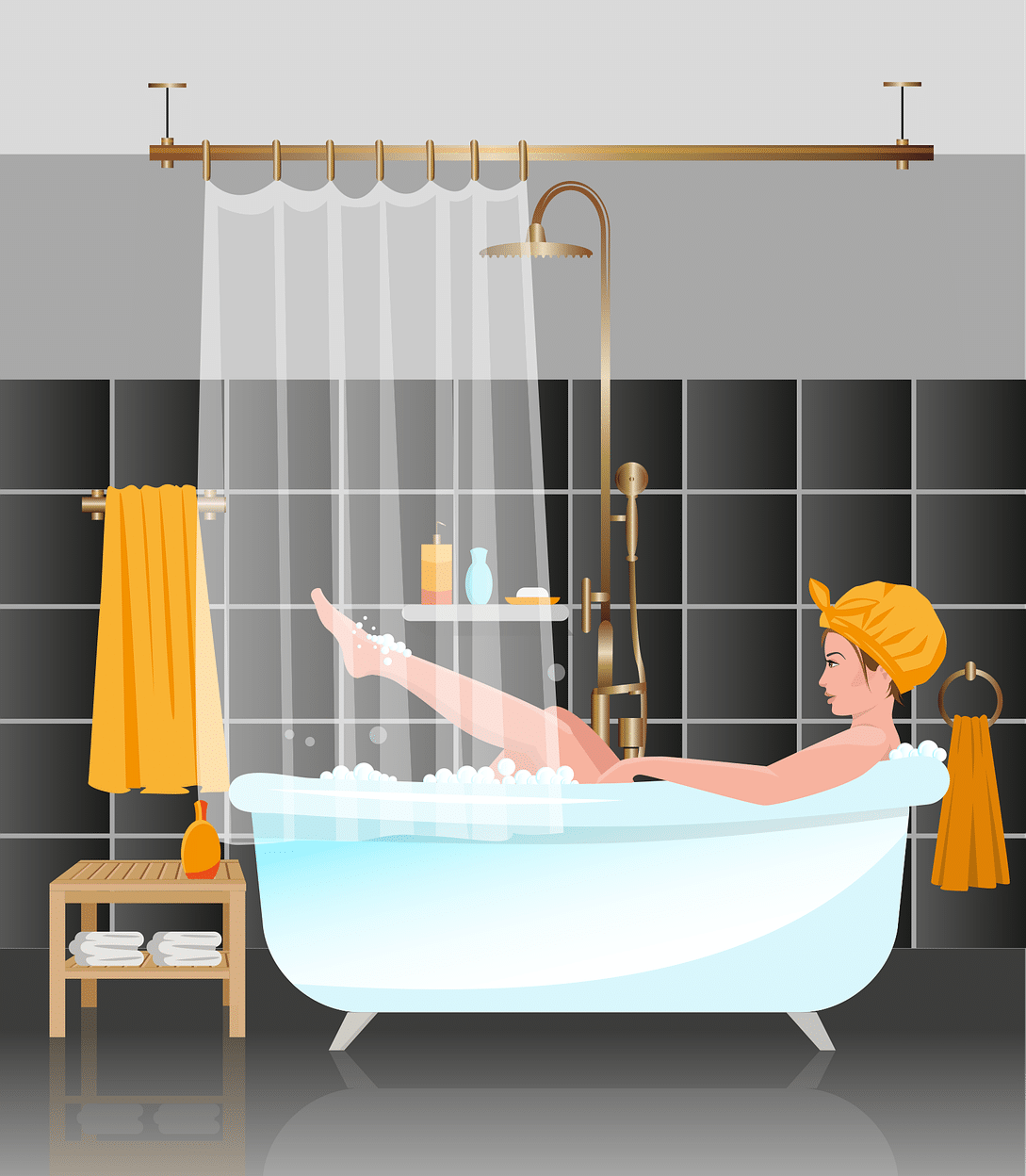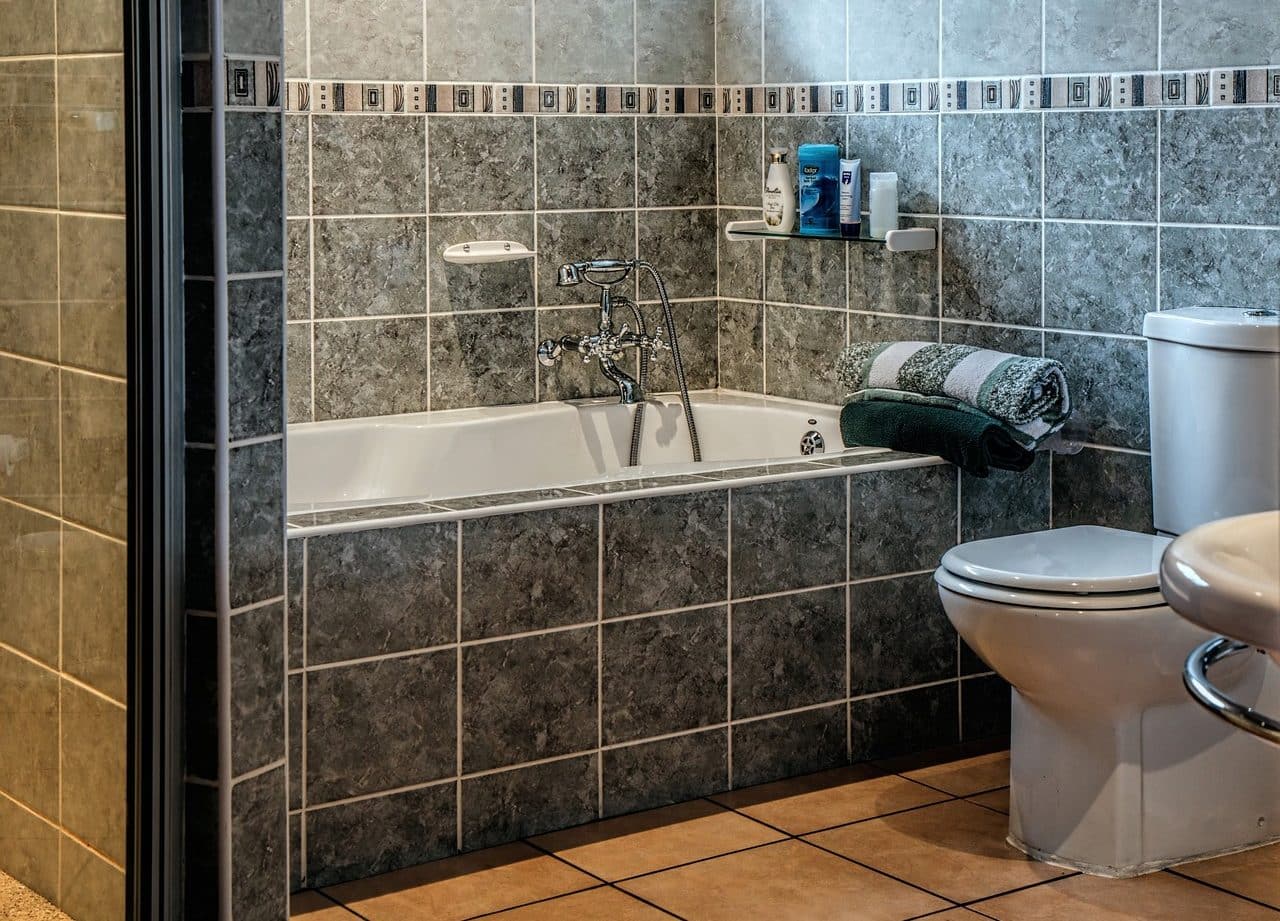
A bath consists of getting wet or submerged in water to cleanse, cool off or relax.
Bath is a term that comes from the Latin word balneum and has more than a dozen meanings. In its broadest sense, it refers to the act and result of bathing : causing something or someone to be submerged in water or another liquid.
A bath, therefore, can consist of getting wet or submerged in water with the aim of sanitizing or cooling off . For deeper hygiene, it is common to use soap in combination with water. For example: "I'm going to take a bath before dinner" , "I need a bath: I just got back from playing soccer" , "This morning I took a nice bath in the sea" .
Bathing and personal hygiene
Depending on the culture of each country, the frequency with which people practice personal hygiene may vary. Although not all citizens of a nation share the same customs, it is true that there are majority trends that are sometimes used to obtain a general idea. For example, it is known that in Japan people usually take a bath every night , and this is seen in fiction as well as textbooks for Japanese learners.
In addition to hygiene, the bath can be used to relax the body and clear the mind of everyday problems. People who have a bathtub (also called a tub in some countries) can fill it with water at the desired temperature and apply salts or essential oils, then lie down for a few minutes and take advantage of the different healing effects of these products.

The bathroom is a space intended for the evacuation of physiological waste and personal hygiene.
Salts and oils
Bath salts offer different benefits, such as a considerable reduction in muscle tension, an improvement in circulation and an acceleration in the healing of various injuries. On the other hand, they act to purify the skin, treat certain irritations and eliminate toxins. Among the most well-known and used salts worldwide are Epson salts, Dead Sea salts, effervescent salts, Pacific salts, and Mediterranean salts.
Regarding essential oils , their benefits are similar and complementary to those of salts. Some of the most popular essential oils are lavender, sandalwood and orange tree; It should be noted that when the objective is relaxation, mint or rosemary are not recommended, since they produce opposite effects.
The relaxing bath is also an activity that gives rise to experimentation, since there are many products, each with different properties and not many contraindications. For those who cannot or do not want to invest in salts or essential oils, there is always the possibility of using plants, such as sage, thyme, lime blossom and basil, some of which we usually have at home for cooking.
Other uses of the term bathroom
We also talk about bathing when some type of physical agent has extensive or profuse contact with the body: "Yesterday I took a sunbath in the park to celebrate the beginning of spring," "I read in a magazine that sunbathing mud are beneficial for the skin .
The bath, on the other hand, is the layer of some substance that is added to something to have a different or additional characteristic: "To finish the cake, you must give it a bath of molten chocolate," "This ring has a gold bath ." » , «Apply a varnish bath to the table to make it more shiny» .
The idea of bathroom is also used to name the room or environment that, in a construction, is intended for the evacuation of physiological waste and personal hygiene . Bathrooms usually have a shower (shower) or bathtub, sink (sink), toilet (toilet) and bidet , among other elements.
